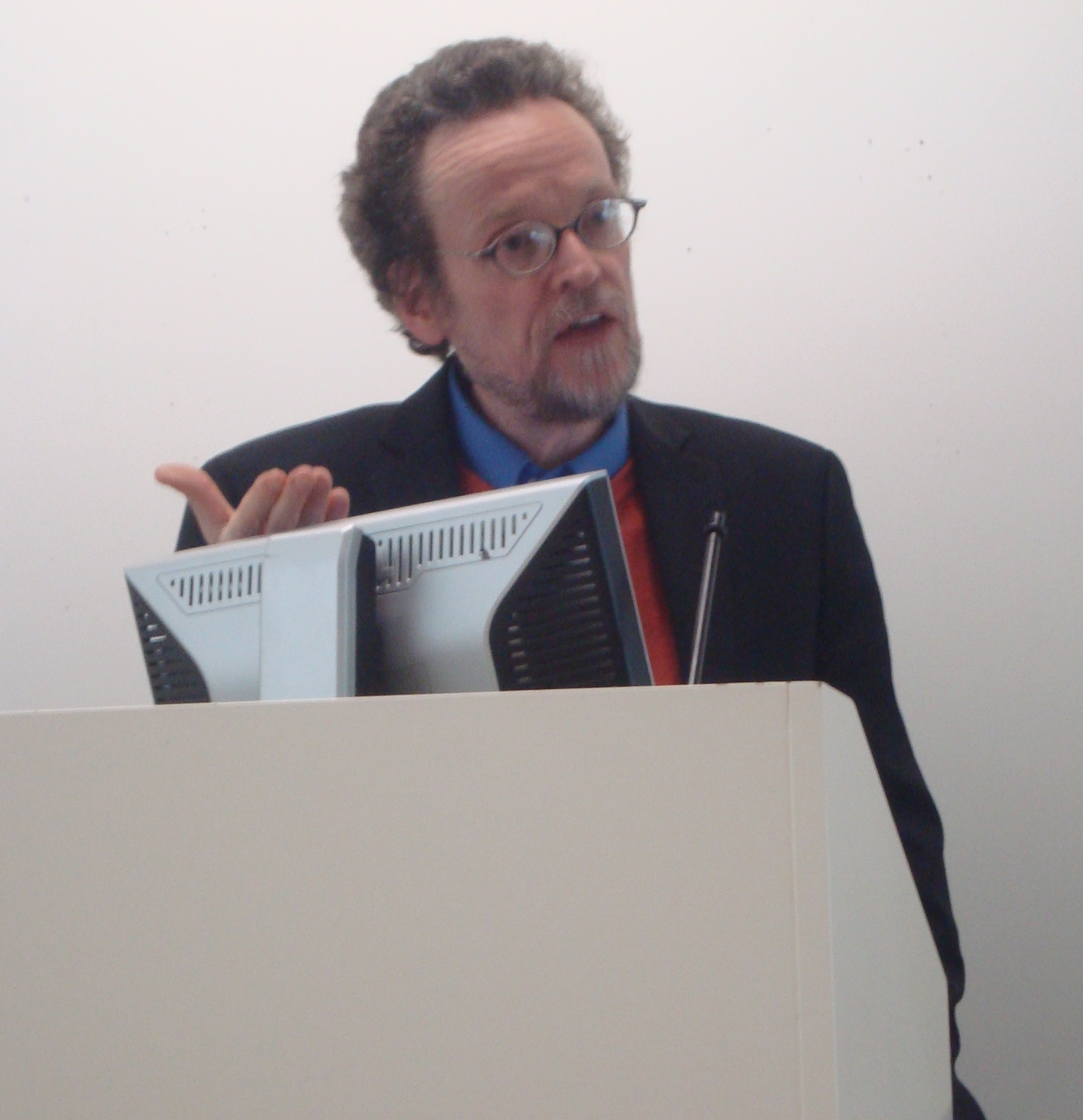
Thomas Pogge on “Globalization, Inequality and the State” Lessons from the International Financial Playground
A few weeks ago I had the opportunity to attend a talk given by Mike Bonnano, one of the Yes Men (self-proclaimed social justice pranksters famous for impersonating the CEOs of Dow Chemical, General Electric and similar corporate giants in the international media). Bonnano spoke about the need for a “post-ideological revolution” in which we rethink the existing inequalities in income and opportunity and return to the values we all learned when we were children: simple ideas such as sharing, respecting others, and fairness. These words stuck with me, and retained their salience as I listened, a week later, to Dr. Thomas Pogge speak on the topic of “Globalization, Inequality and the State.” Dr. Pogge is a renowned expert on …
South Korean Transition: A Mystery Solved By Social Policy Analysis?
On May 24, 2011 at the Nissan Centre, St. Antony’s College, the book “The Korean State and Social Policy: How South Korea Lifted Itself from Poverty and Dictatorship to Affluence and Democracy” was launched. This lively event brought together all five authors of the book: Stein Ringen, Huck-ju Kwon, Ilcheong Yi, Taekyoon Kim and Jooha Lee. Their goal was to explain the mystery of South Korea’s successful and smooth transition from authoritarianism and poverty to an affluent stable democracy. The authors stressed the importance of governance under authoritarian rule, and explored it through the prism of South Korean social policy from 1945 to 2000. Mixed governance, or state’s collaboration with other actors was at the core of the presentation and …
Adam Smith, political theorist?!
On March 13th, 2007, the Bank of England issued a new series of bank notes. On the £20 note Adam Smith, the Scottish founder of the discipline of economics, replaced the composer Edward Elgar. If portraits on bank notes tell us anything about the spirit of their time, this seems to be a case in point. Smith’s portrait seems appropriate for a period in which the optimism about efficient free markets had reached a peak. But the cliché of who Adam Smith is, and the 18th-century scholar whom one encounters when turning to his writings in their entirety, are at a considerable distance. Of course it would be foolish to deny that Smith was an economist, if only because defining …









